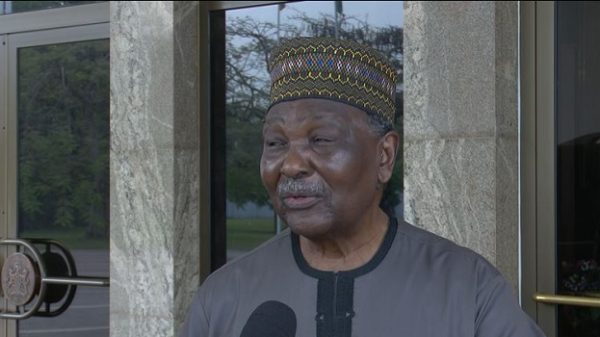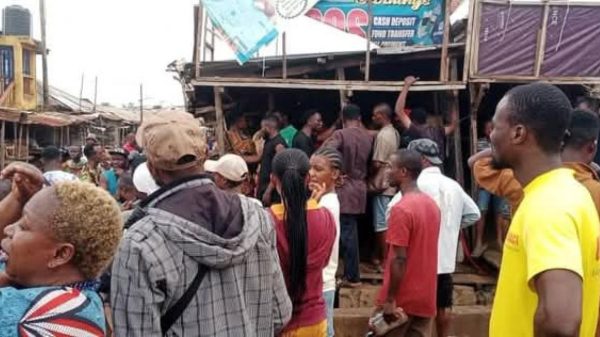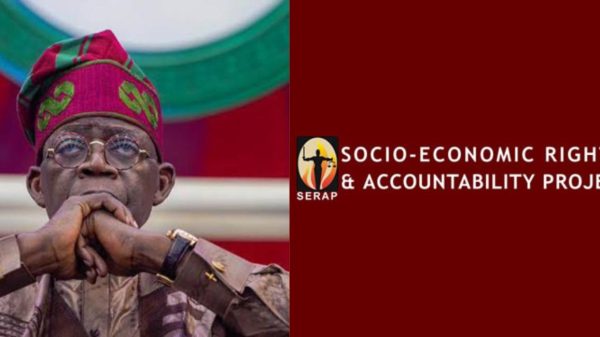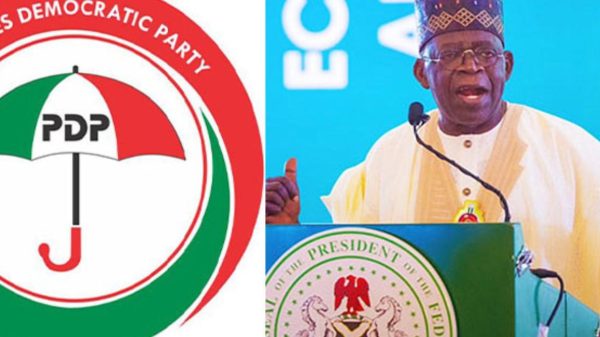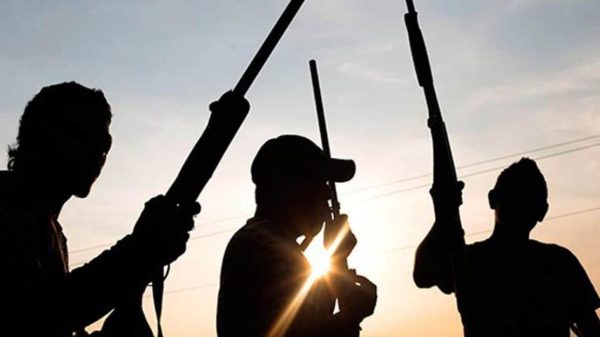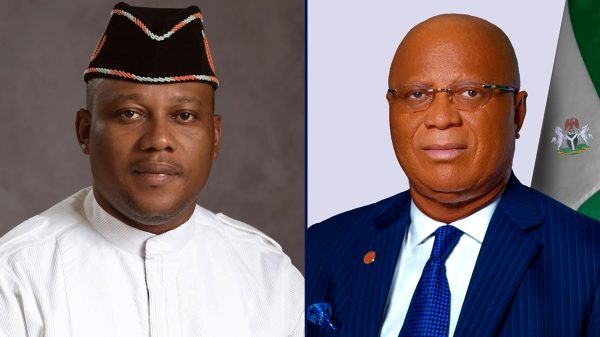The United States Congress has approved a resolution granting President Donald Trump the authority to impose severe sanctions on Nigeria over widespread reports of religious violence. The decision follows a congressional hearing where lawmakers criticized Nigeria’s government for failing to prevent attacks on Christians.
During the session, Congressman Chris Smith, Chairman of the U.S. House Foreign Affairs Subcommittee on Africa, revealed that between 2019 and 2023, more than 55,000 people were killed, and 21,000 were abducted in religiously motivated attacks. The congressman expressed concerns that Nigeria’s leadership is not doing enough to stop the violence, which he described as “religious cleansing.”
A key testimony during the hearing came from Bishop Wilfred Anagbe of Makurdi, who accused militant Fulani herdsmen of terrorizing communities across Nigeria. Anagbe stated that these attacks have gone largely unchecked, with little intervention from the Nigerian government.
Congressman Smith also criticized the previous U.S. administration under Joe Biden for removing Nigeria from the Country of Particular Concern (CPC) list, a designation Trump had initially imposed to hold the Nigerian government accountable for religious violence. Smith has now revived efforts to reinstate Nigeria on the list, potentially leading to diplomatic and economic consequences if the attacks continue.
“This hearing should be a catalyst for action,” Smith stated, arguing that past sanctions have helped pressure governments into taking action. He expressed confidence that President Trump would use his new authority to demand accountability from Nigerian President Bola Tinubu.
The approval of Trump’s push for sanctions could mark a turning point in US-Nigeria relations. If imposed, these measures may include trade restrictions, visa bans on Nigerian officials, and financial penalties targeting government entities accused of failing to protect religious minorities.
Experts warn that such sanctions could have economic repercussions, affecting bilateral trade and investment between both countries. However, human rights advocates argue that firm action is necessary to prevent further violence and hold perpetrators accountable.
The congressional decision comes amid ongoing reports of targeted killings of Christian leaders in Nigeria. In Gombe State, Reverend Bala Galadima, the presiding pastor at the Evangelical Church Winning All (ECWA) worship center, was murdered by suspected gunmen.
Similarly, Professor Emeka Chukwuma, a respected lecturer at Delta State University, Abraka, was assassinated in his hometown of Asaba, Delta State. His killing has heightened fears over rising insecurity in Nigeria.
Local authorities, including Gombe State Governor Inuwa Yahaya, have condemned these attacks and called for increased security efforts. However, critics argue that government responses have been slow and ineffective in curbing the violence.
With Trump now empowered to impose sanctions, the Nigerian government faces growing international pressure to address religious violence. If swift action is not taken, diplomatic tensions between the US and Nigeria could escalate, leading to restrictions that may impact trade, foreign aid, and political relations.
Religious and human rights organizations are calling for a stronger government response to prevent further killings and protect Christian communities across Nigeria. As the situation unfolds, the international community will be watching closely to see how Nigeria addresses these concerns and whether sanctions will indeed be enforced.



